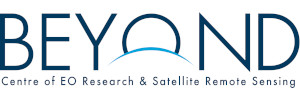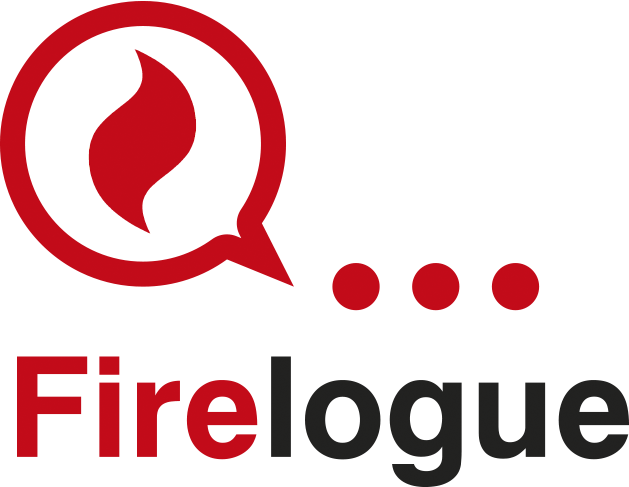|
|
Project Number: 101036534 Funding scheme: CSA - Coordination and support action Website: www.firelogue.eu |
In line with increasing demands for more public participation, transparency and fairness in risk management institutions and procedures, FIRELOGUE aims to coordinate and support the 3 funded Innovation Actions (IAs) by integrating their findings across stakeholder groups and fire management phases. It therefore builds on different formats to process the existing WFRM knowledge and innovations as developed by the IAs to translate them into the FIRELOGUE platform. The FIRELOGUE platform together with Communication Booster services such as brokering expertise disseminates the insights and technologies developed by the IAs and integrated by the FIRELOGUE project. In addition to developing dedicated knowledge sharing formats for the exchange between the IAs,
FIRELOGUE also aims to
(1) deconstruct conflicting (and synergising) aims, interests, mandates, policies and practices existing in WFRM,
(2) identify real or perceived injustices linked to these conflicts,
(3) provide a space for deliberating on these conflicts and synergies in a just and inclusive way, in order to
(4) co-develop integrated strategies to overcome these conflicts.
FIRELOGUE builds on an Integrated Systems Thinking approach to bind the IAs together while comprehensively addressing the different components of wildfire risk (hazard, exposure, vulnerability and capabilities) as well as the diverse natural and socioeconomic drivers of risk. Building on the concept of Just Transition, different notions of justice (distributive, procedural and restorative justice) will form the basis for structuring the discussions within and across the working groups. Collaborative governance will build the conceptual underpinning for designing the dialogue workshops and to eventually co-develop integrated WFRM strategies.


